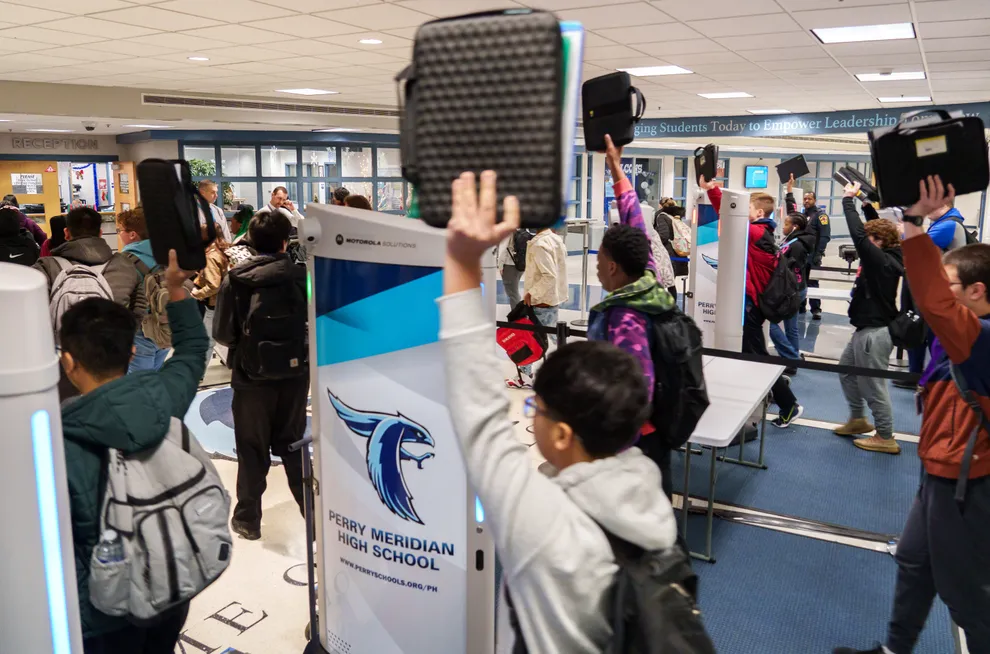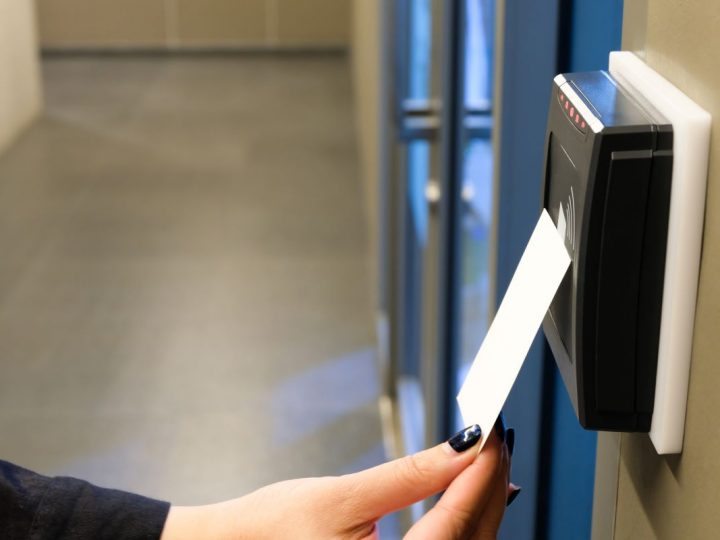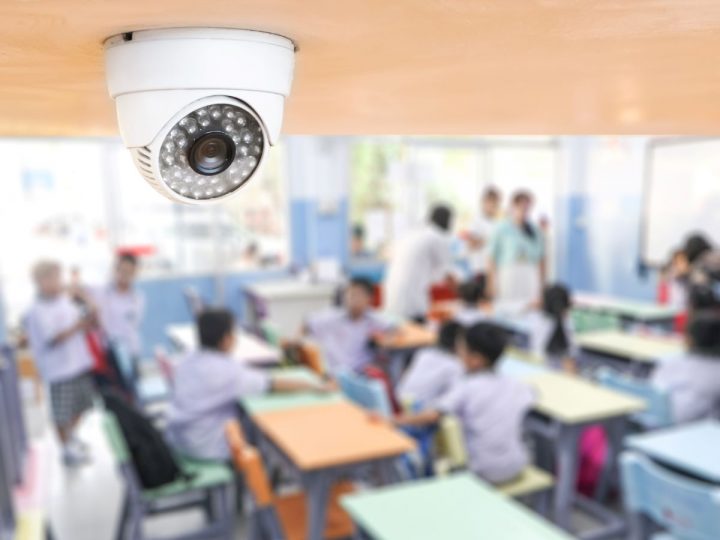This SEICO blog post provides you with highlights from the in-depth PELCO blog:
(HOW TO CHOOSE THE BEST COMMERCIAL SECURITY SYSTEM FOR YOUR BUSINESS OR OFFICE)

Our earlier blog post, “Choosing the Right Commercial Security System for Your Business” covered what commercial property owners need in a security system in order to attract/retain tenants by providing safe, secure environments and meet pressure from insurance companies and regulators to maximize security to protect building occupants and their property. After reading the earlier blog post, this blog will help you understand recommended planning and budgeting for a commercial security system that meets specific requirements of the property, now and in the future.
The planning steps cover all aspects from assessing current commercial building/property security or the lack thereof and understanding budgeting related to developing an integrated commercial security system that includes alarm and other security components. Working with a specialist building security company is of utmost importance. Specialists like SEICO offer surveillance system design, installation, and support. SEICO carries all major brands of CCTV – Digital Video Surveillance Systems, including PELCO®. Surveillance can solve many of your business problems.
PLANNING
Factors and steps needed when planning a commercial building security system installation.
Depending on the existing level of security, property managers may decide to install new security systems or upgrade an existing installation.
A number of factors determine the need for a security upgrade:
- Existing system based on legacy components that do not provide today’s desired performance. This affects quality of security and if threat levels are increasing, limits integration opportunities.
- Access control systems utilize traditional keycard or key fob credentials, which do not offer the convenience or security of mobile or biometric solutions.
- Infrastructure is on-premises, costly to maintain and scale and does not offer operational flexibility of remote cloud management.
- Office layouts and occupancy levels have changed post pandemic, and existing commercial security systems do not align with new environment.
Planning a commercial security system can be a time-consuming, complex process, so it’s important to work with a professional security system installer/integrator specialist (like SEICO) for advice, services and support at each stage of the process.
- Initial survey – Specialists like SEICO will work with your security and property management team to establish security goals for your building. After a property survey to identify areas that require surveillance, access control systems, sensors and alarms, they set out the requirements for different areas of the building with a provisional list of needed equipment.
- Equipment selection – Specialist then provides detailed recommendations for each area of the property to provide the best possible coverage with the least number of systems. For easier future integration, they select components that are reliable, scalable and interoperable.
- Network design – Specialist compares the costs and complexity of different methods of connecting and powering the building security systems, either with dedicated security camera cabling or with a data or wireless network. There are pros and cons for both options. Connecting system components to a data network can reduce overall costs. Networked-connected security systems are also more scalable, making it easy to add or move components without additional direct cabling costs.
- Installation – Specialist handles installation in line with industry best practices and relevant building regulations. They install cameras, sensors and alarms in the optimum positions to maximize situational awareness. Before handover to the security team and building management, they test entire commercial security system and provide necessary training.
- Integration – If security components are to be integrated with other security systems or with building management system, specialist will handle the integration and ensure all components are compatible.
BUDGETING
The cost of a commercial security system depends on a number of different factors.
Depending on whether you are installing a totally new security system or upgrading an existing installation, the costs and overall budget should be defined working with your specialist.
- Number of components – Upfront costs are equipment purchase fees. Number of cameras, access control readers, sensors and alarms needed are determined by size of site and areas to be covered. For example, SEICO specialists will select components that provide highest security while minimizing costs. For example, they can minimize number of cameras needed by selecting security video cameras that combine the widest possible coverage, such as 360-degree security cameras, while maintaining high image quality.
- Infrastructure – Installing dedicated cabling for connectivity and power supply will cost more than connecting cameras to an existing data or wireless network. If system is to be hosted and managed on-site, the budget should include the cost of purchasing, installing, updating and maintaining servers and associated software. Cloud-hosted systems will incur regular subscription charges with updates and maintenance costs included in the subscription.
- Installation charges – Commercial security system specialists/installers have different rates and services and will submit a cost proposal covering services and equipment. Cost of installation depends on size and complexity of security system and level of integration.
- Operating costs – Ongoing operating costs include scheduled maintenance and update costs, as well as energy charges.
Good planning and budgeting before proceeding with your commercial security system for your building or office will drive excellent results.
With good planning and budgeting, you will reap the benefits of having a commercial security system that provides the highest level of security without feeling intrusive or sacrificing convenience. It should integrate all security components so that security teams have a consistent, single view of all activity within a building and offer flexibility for future growth.
SEICO has 200+ years of accumulated experience in planning, system design, installation and maintenance of integrated security systems. Providing services throughout Illinois, Iowa, Missouri, Indiana, Wisconsin and beyond, SEICO provides high-quality security systems with unique personalization, custom design & engineering that keeps them a customer favorite. Learn more about PELCO® and other products used in Commercial Security Systems offered by SEICO Security.





